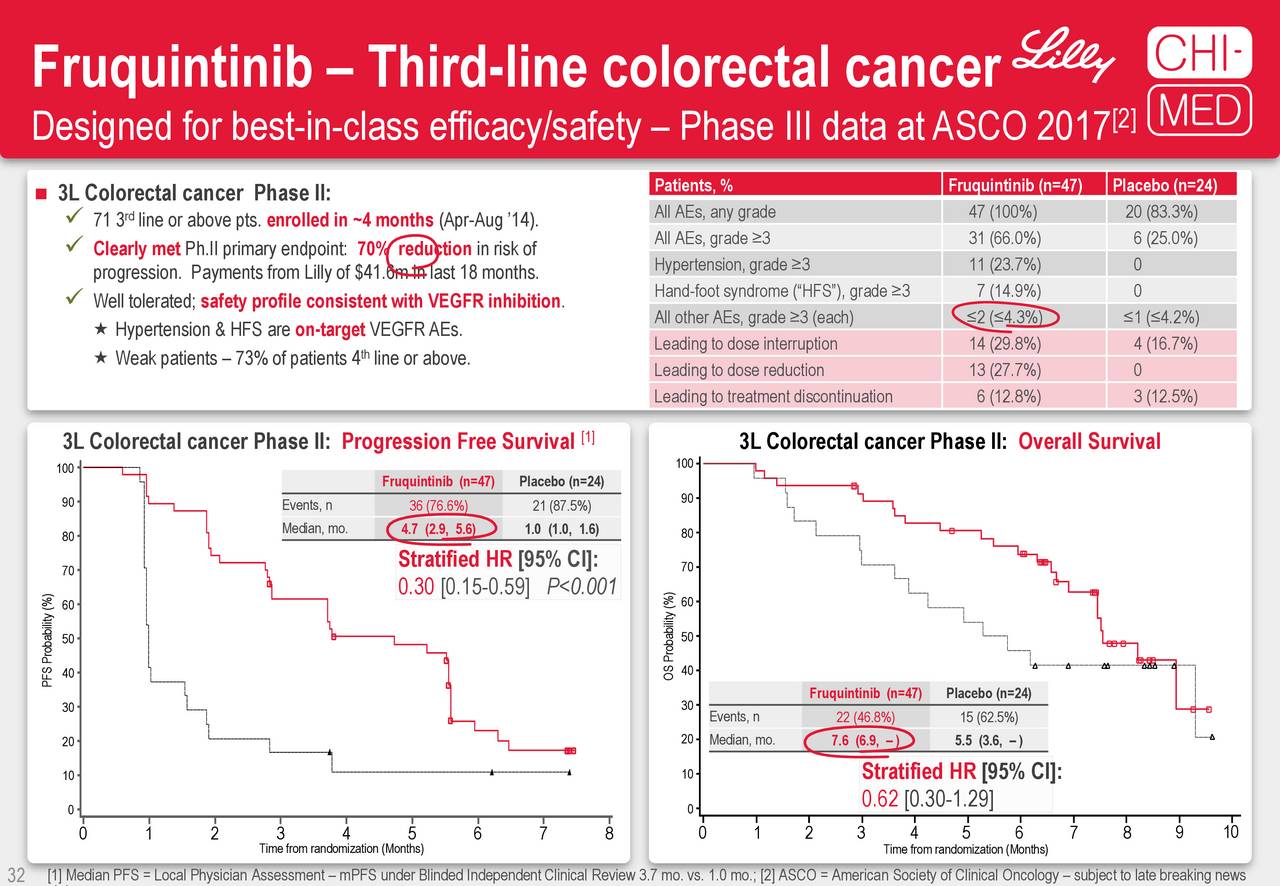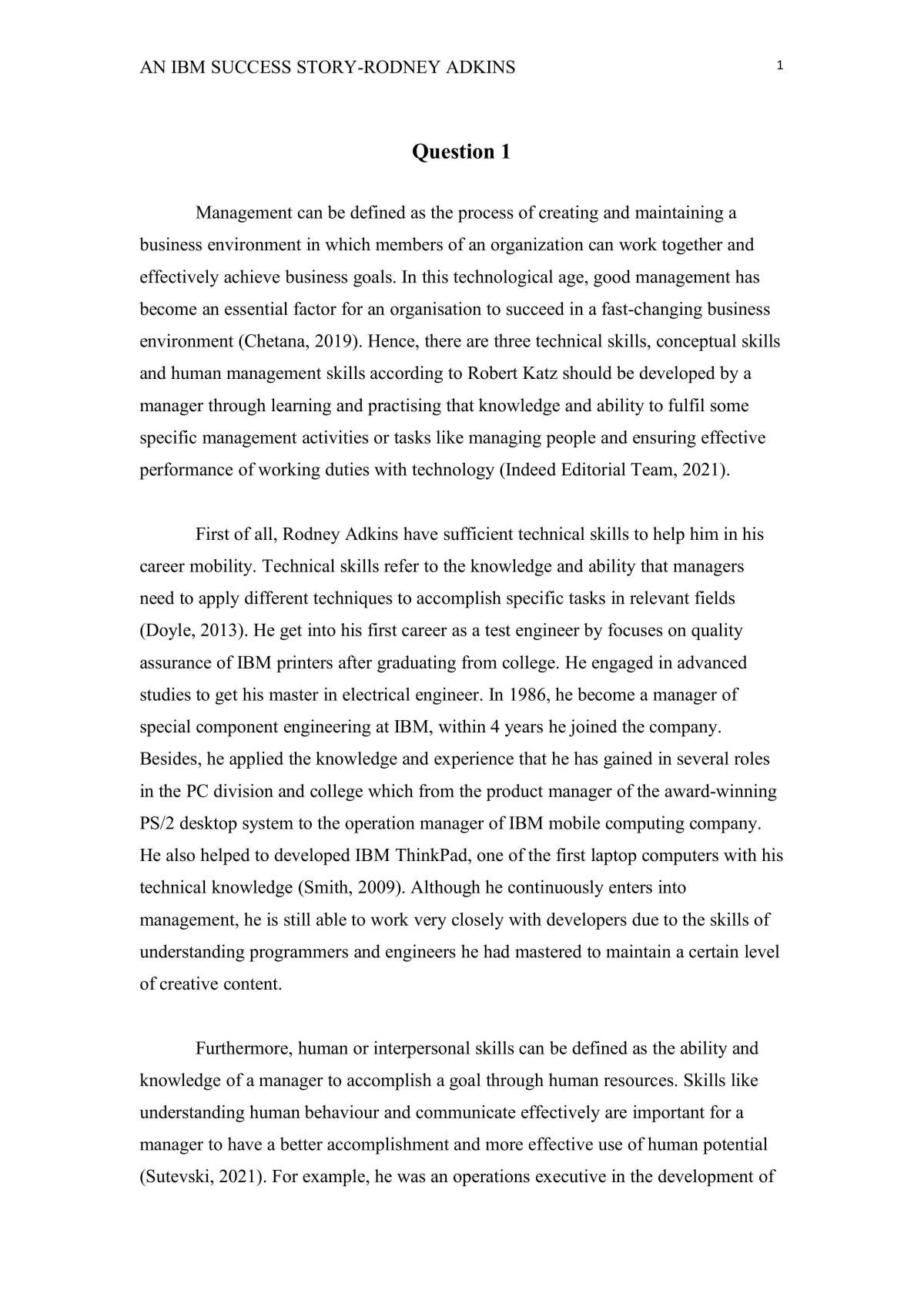Entertainment Stock Market Analysis: Buy The Dip Strategy

Table of Contents
Understanding the "Buy the Dip" Strategy in the Entertainment Sector
The "buy the dip" strategy, a popular approach in volatile markets, involves purchasing assets when their prices temporarily decline. In the cyclical entertainment industry, where stock prices often fluctuate based on box office results, streaming subscriber numbers, and game releases, this strategy can be particularly relevant.
- Definition of "buy the dip": This refers to purchasing a stock or other asset after a price decrease, anticipating a future price rebound.
- Identifying dips in entertainment stock prices: This requires a combination of technical analysis (chart patterns, indicators like RSI and MACD) and fundamental analysis (news events, earnings reports affecting company valuation). A sudden drop in a stock's price due to a negative news event, for instance, might present a buying opportunity.
- The importance of patience and timing: Successfully executing a "buy the dip" strategy necessitates patience and careful timing. Rushing into a purchase without thorough analysis can lead to significant losses. Identifying the true bottom of a dip is challenging and requires skillful interpretation of market signals.
- Risks associated with a "buy the dip" strategy: The market might continue its downward trend, resulting in further losses. Accurate market timing is difficult, and even experienced investors can misjudge the bottom.
Analyzing Current Market Conditions for Entertainment Stocks
Current economic headwinds significantly impact entertainment stocks. Inflation, rising interest rates, and changing consumer spending habits all affect investment decisions.
- Overview of the current performance of major entertainment stock indices: Examining indices like the S&P 500's entertainment sub-sector provides a broader picture of market performance. Analyzing the overall trend helps determine if the sector is currently undervalued.
- Examination of specific sub-sectors: The streaming, gaming, and theme park sectors, for instance, each exhibits unique characteristics and vulnerabilities. Understanding their individual performances provides a more nuanced approach to stock picking. A decline in one sub-sector doesn't necessarily mean a decline across the board.
- Analysis of key economic indicators: Factors like consumer confidence, disposable income, and unemployment rates directly affect consumer spending on entertainment, impacting stock prices. Analyzing these indicators offers valuable insight into future market trends.
Identifying Undervalued Entertainment Stocks
Pinpointing undervalued entertainment stocks requires a blend of fundamental and technical analysis.
- Fundamental analysis: Scrutinize company financials, including earnings reports, revenue streams, debt levels, and cash flow. Look for companies with strong fundamentals but whose stock prices have been temporarily depressed. Analyzing profit margins and return on equity provides valuable insights.
- Technical analysis: Utilize charts, indicators, and patterns to identify potential buying opportunities. Support and resistance levels can indicate potential price reversal points. Trendlines and moving averages can help confirm market momentum.
- Considering qualitative factors: Evaluate management quality, brand strength, competitive landscape, and future growth prospects. A company with a strong brand and innovative pipeline may be a good long-term investment even during temporary market downturns.
Risk Management and Diversification in Entertainment Stock Investing
A robust risk management strategy is crucial when employing a "buy the dip" strategy. Diversification is key to mitigating potential losses.
- Diversifying across different entertainment sub-sectors: Spreading investments across various entertainment sub-sectors reduces the impact of a downturn in any single area.
- Setting stop-loss orders: Stop-loss orders automatically sell a stock when it reaches a predetermined price, limiting potential losses.
- Only investing capital you can afford to lose: Never invest money you'll need for essential expenses or emergencies.
- Considering dollar-cost averaging: This strategy involves investing a fixed amount of money at regular intervals, regardless of price fluctuations, mitigating the risk of investing a lump sum at a market peak.
Case Studies: Successful "Buy the Dip" Scenarios in Entertainment
While past performance doesn't guarantee future results, analyzing successful "buy the dip" scenarios provides valuable lessons. For instance, investing in a gaming company after a disappointing game launch, but with a strong pipeline of future titles, might have proven profitable after a price dip. Similarly, some streaming services have seen their stock price recover after an initial decline, presenting opportunities for those who timed their entry correctly.
Conclusion
Successfully employing a "buy the dip" strategy in the entertainment stock market requires a thorough understanding of market dynamics, comprehensive analysis, and diligent risk management. While potential rewards are significant, the inherent volatility necessitates careful planning and a long-term perspective. Remember to conduct your own in-depth research before investing. Start your entertainment stock market analysis today and capitalize on potential dips! Learn more about successful entertainment stock buy-the-dip strategies and refine your investment approach.

Featured Posts
-
 Koeln C O Pop Festival Tickets Lineup And Infos
May 29, 2025
Koeln C O Pop Festival Tickets Lineup And Infos
May 29, 2025 -
 The Coco Sequel A Critical Look At Pixars Plans For Coco 2
May 29, 2025
The Coco Sequel A Critical Look At Pixars Plans For Coco 2
May 29, 2025 -
 Southwests Departure From Free Bags Implications For On Time Flights
May 29, 2025
Southwests Departure From Free Bags Implications For On Time Flights
May 29, 2025 -
 No Transfer Bayern Rejects Liverpool And Manchester United
May 29, 2025
No Transfer Bayern Rejects Liverpool And Manchester United
May 29, 2025 -
 Ritka 100 Forintos Ermek Ertekesitesi Utmutato
May 29, 2025
Ritka 100 Forintos Ermek Ertekesitesi Utmutato
May 29, 2025
Latest Posts
-
 Sparks Mad Album Review Strengths And Weaknesses
May 30, 2025
Sparks Mad Album Review Strengths And Weaknesses
May 30, 2025 -
 Deutsche Bank Depositary Receipts Virtual Investor Conference Live Webcasts On May 15 2025
May 30, 2025
Deutsche Bank Depositary Receipts Virtual Investor Conference Live Webcasts On May 15 2025
May 30, 2025 -
 Review Sparks Mad A Comprehensive Look
May 30, 2025
Review Sparks Mad A Comprehensive Look
May 30, 2025 -
 Accelerating Digital Transformation At Deutsche Bank An Ibm Success Story
May 30, 2025
Accelerating Digital Transformation At Deutsche Bank An Ibm Success Story
May 30, 2025 -
 Sparks Mad A Critical Analysis Of The New Album
May 30, 2025
Sparks Mad A Critical Analysis Of The New Album
May 30, 2025
